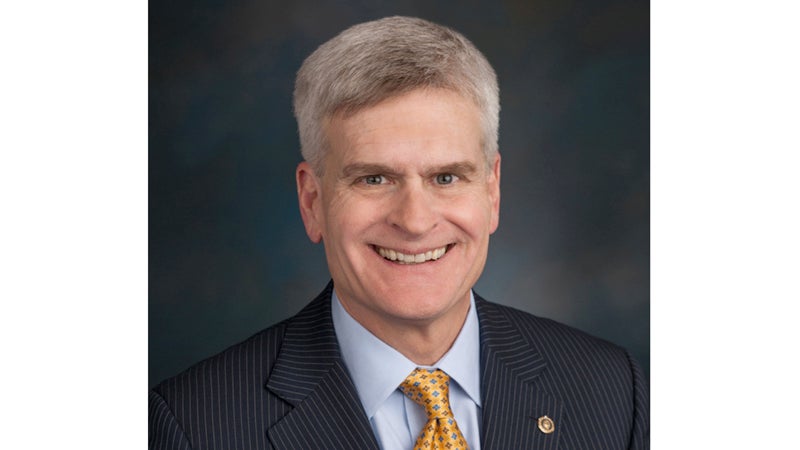Cassidy-Led Bill to Promote Health Care Provider Mental Health Signed into Law
Published 11:25 am Monday, March 21, 2022

- Senator Bill Cassidy
|
Getting your Trinity Audio player ready...
|
WASHINGTON – U.S. Senators Bill Cassidy, M.D. (R-LA) and Tim Kaine (D-VA) released statements following President Joe Biden signing into law their bipartisan Dr. Lorna Breen Health Care Provider Protection Act, legislation to reduce and prevent suicide, burnout, and mental and behavioral health conditions among health care professionals. Senators Todd Young (R-IN) and Jack Reed (D-RI) joined Cassidy and Kaine to introduce the bill.
“Doctors, nurses, and health care workers shoulder the responsibility of saving lives and have worked overtime during the pandemic,” said Dr. Cassidy. “We can now begin to provide an important lifeline for medical professionals so they too can get the care they need.”
“The mental health consequences of COVID-19 are particularly acute for our frontline health care healers, who’ve made tremendous sacrifices to care for their patients in uncharted times. This bill is a critical first step to provide them with mental health resources to cope with the challenges they face every day. Supporting our health care workforce will benefit everyone because we all need great medical professionals to take care of us and our loved ones. By keeping our health care professionals healthy, everyone in society wins,” said Senator Kaine.
The Dr. Lorna Breen Health Care Provider Protection Act:
- Establishes grants for training health care professionals or trainees in strategies to address mental health and substance use disorders.
- Requires identification and dissemination of best practices for preventing suicide and improving mental health and resiliency among health care professionals.
- Establishes a national education and awareness initiative to encourage health care professionals to seek support and care for mental health and substance use concerns.
- Establishes grants to health care entities (e.g., hospitals, community health centers, and rural health clinics) for health care provider education, the establishment of programs to prevent suicide and improve mental health among health care professionals, peer-support programming, and mental health treatment. Health care providers in health professional shortage areas or rural areas will be prioritized.
- Requires a review related to improving health care professional mental health and resiliency, including the impact of the COVID-19 pandemic on such professionals’ health and the barriers professionals face when seeking and accessing mental health care.



